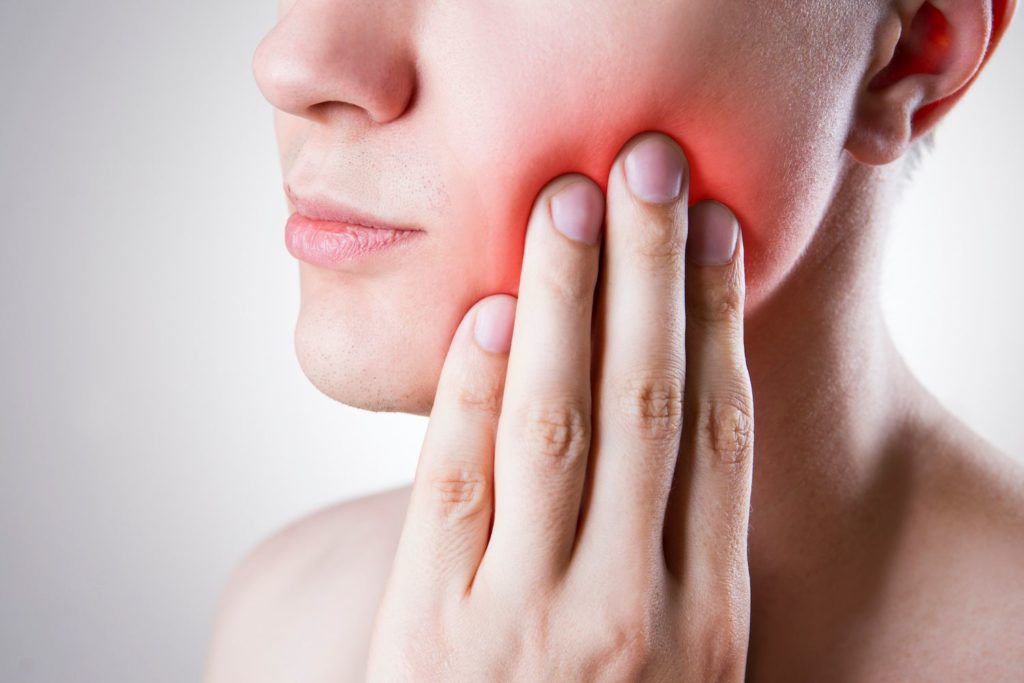A tooth extraction procedure occurs when your dentist must remove one or more of your teeth in order to best preserve your oral health. After this oral surgery, you might have stitches in your mouth that will require care and gentleness as you recover. You will also want to take special care of your smile while you heal to prevent dry socket.
This condition occurs when the natural blood clots that form over surgical sites become disturbed or dislodged. In this case, you will likely feel severe pain. You will need urgent attention from your dentist to amend this problem.
Ideally, you should follow your dentist’s aftercare instructions to avoid the issue. Read on to find advice from your dentist for preventing dry socket after you have a tooth extraction procedure.

Tips to Prevent Dry Socket After Extraction
Practice Careful Oral Hygiene
In order to not disturb the healing blood clots within your mouth during your recovery, you should adhere to your dentist’s guidelines to care for your smile during this period. But you will still need to complete your oral hygiene routine to stop infections or other dental problems that could impact your smile.
Use gentle movements when brushing and flossing so that you do not harm the surgical sites and cause dry socket. Your dentist will offer other instructions for your smile during this healing period. Follow these for optimal results as well as ideal pain management. If you have any questions or notice any issues, do not hesitate to call your dentist before a larger issue evolves.
Avoid Sucking Motions with Your Mouth
Your dentist will likely inform you not to drink from straws or perform sucking motions with your mouth during your recovery period after a tooth extraction. This is because the combination of airflow and muscle movement poses a high risk of harming blood clots and causing dry socket.
Similarly, inhalation from smoking will present this same risk for dry socket, so avoid this behavior as you recover. Consider reducing how often you smoke before your oral surgery. Then it should be easier to stop this habit while healing. Your dentist can offer more tips for ceasing this behavior when you give them a call.
Stick to Soft-Textured Foods
After your procedure, when you are home and the anesthetic wears off, you might feel sore. Your dentist will provide you with pain management tips to ensure you do not experience severe discomfort as you recover from the extraction. Because your teeth hurt, you will want to eat soft-textured foods for at least 48 hours after your oral surgery.
Examples of foods you should stick with include mashed potatoes, oatmeal, and yogurt. Hard, sticky, and chewy foods might aggravate a healing blood clot and give you dry socket.
After the first day, your teeth might hurt less, and you can introduce more solid foods to your diet. But if you notice any pain, you should revert to softer foods again.
